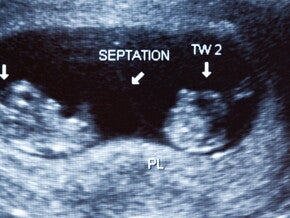
Labour support
Labour support is a concept that has been around for thousands of years. Throughout human history and across many cultures, women in labour have been assisted by the companionship and aid of another person. The type and amount of support will vary from woman to woman, but every woman can benefit from focused, individualised attention and sensitive nurturing during labour.
Why is labour support so important?
Giving birth to your baby is one of life’s most profound and powerful events and potentially the most intense and gratifying experience that you will ever go through.
This affects a woman at the very core of her being – physically, emotionally and spiritually. We know that this life-altering experience and the events that occur during labour will affect the way a woman sees herself as a mother for the rest of her life. Research is showing that the presence of a supportive companion can influence the outcome of birth by decreasing the chances of a Caesarean section and the need or desire for medication and anaesthesia. It also reduces the need for interventions such as labour-inducing drugs and forceps. Whatever the outcome, the quality of support during labour is a major contributor to a positive birth experience. The main role of a labour companion is to protect the mother’s dignity, privacy, birthing environment and physical comfort during the vulnerable phases of labour; and to provide emotional support.
Who can provide labour support?
Anyone, male or female, can provide labour support. Ideally, labour support should be offered by every person present in the birth setting, including all medical caregivers. Previous birth experience or professional training are not requirements to support a woman in labour. Sharing the experience and being sensitive to her needs are more important. Most women choose to have the baby’s father and/or a close family member or friend as the primary birth companion.
In the 1970s hospitals started allowing fathers to be present at the birth. Nowadays, this is so common that it is easy to assume that the father should always be there to support and help you. It is important to note that fathers are often not allowed in delivery rooms. Prospective mothers should enquire at the hospital where they are to deliver about the hospital’s policy regarding birth companions. Some men may, however, be unable to give support, either because they are unsure about the labour process, or are too worried to participate. Others may simply prefer not to be present or unable to attend the birth.
This is where a trained birth companion can assist the mother and her partner.
Options to discuss with caregiver
- When must I go to the nursing home?
- Should I call you first?
- Discuss your birth plan

















